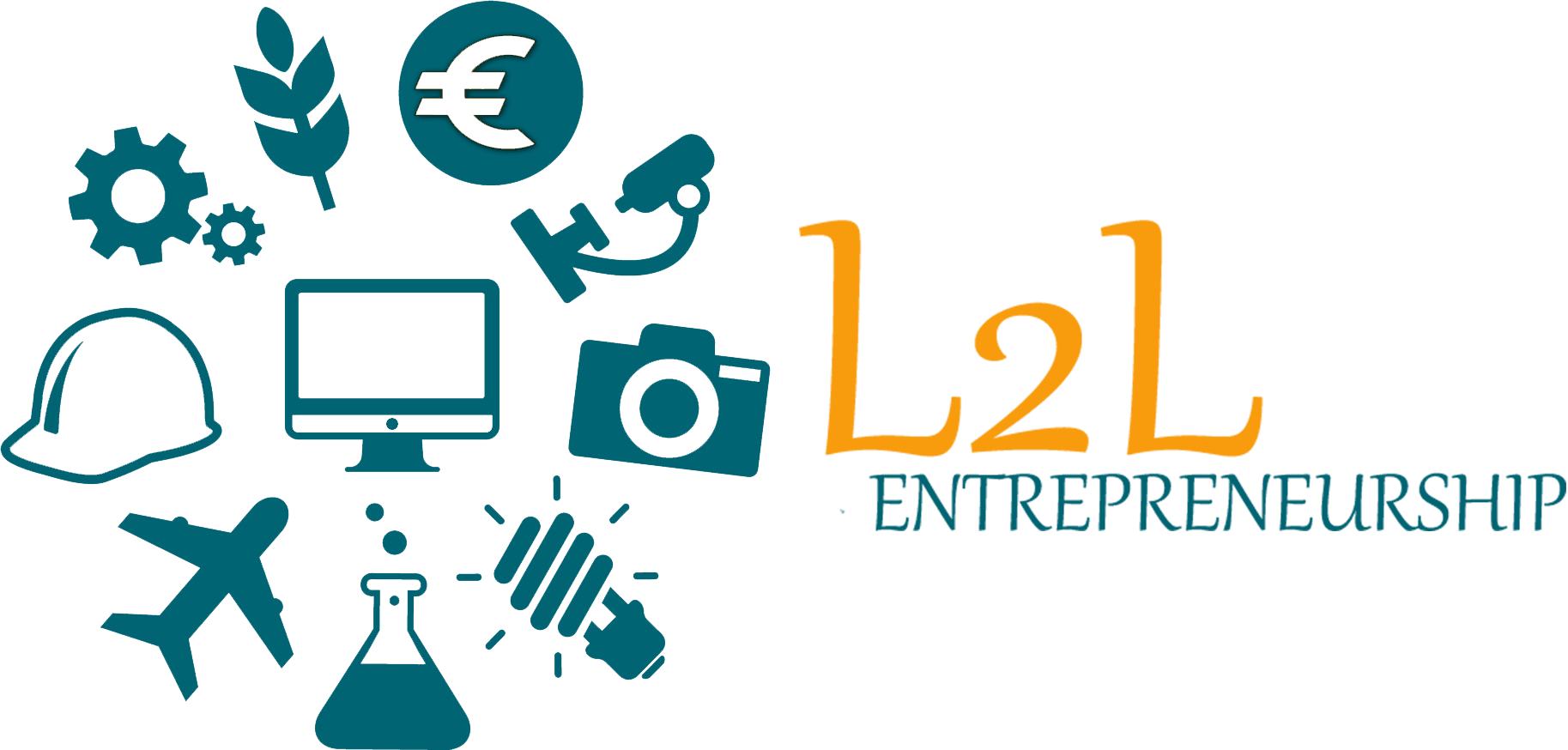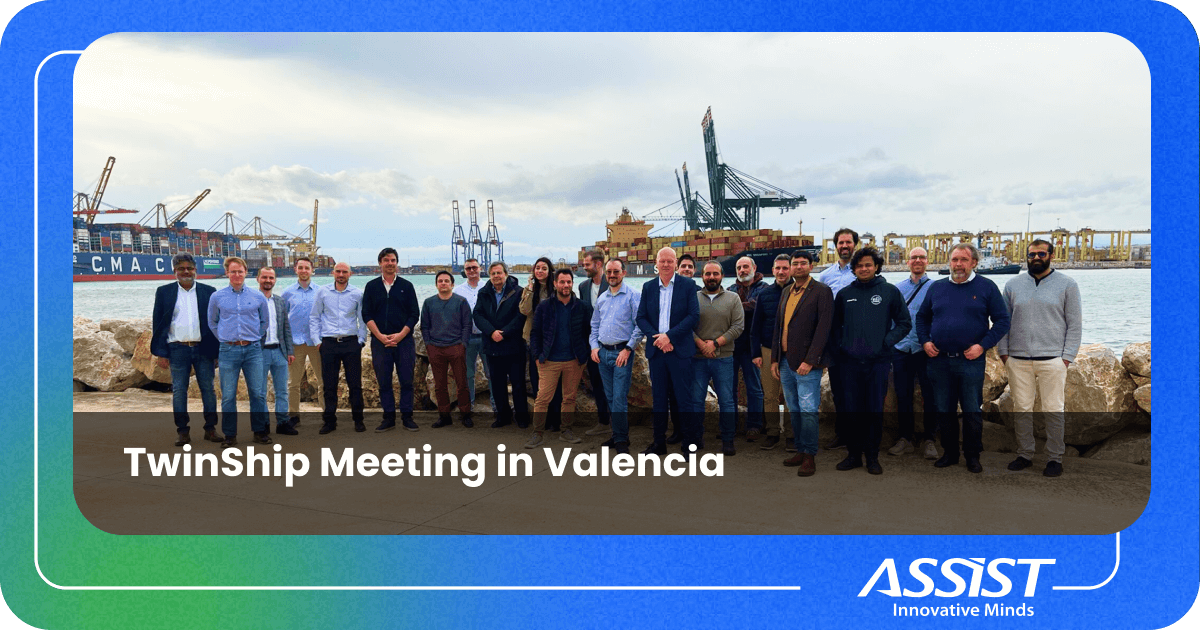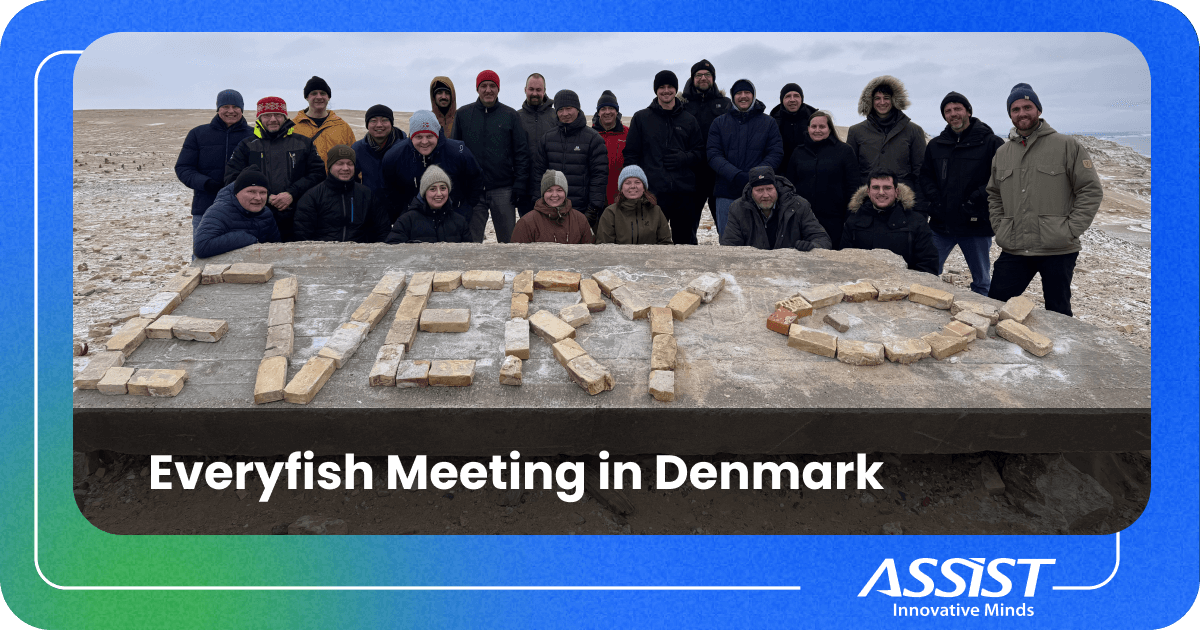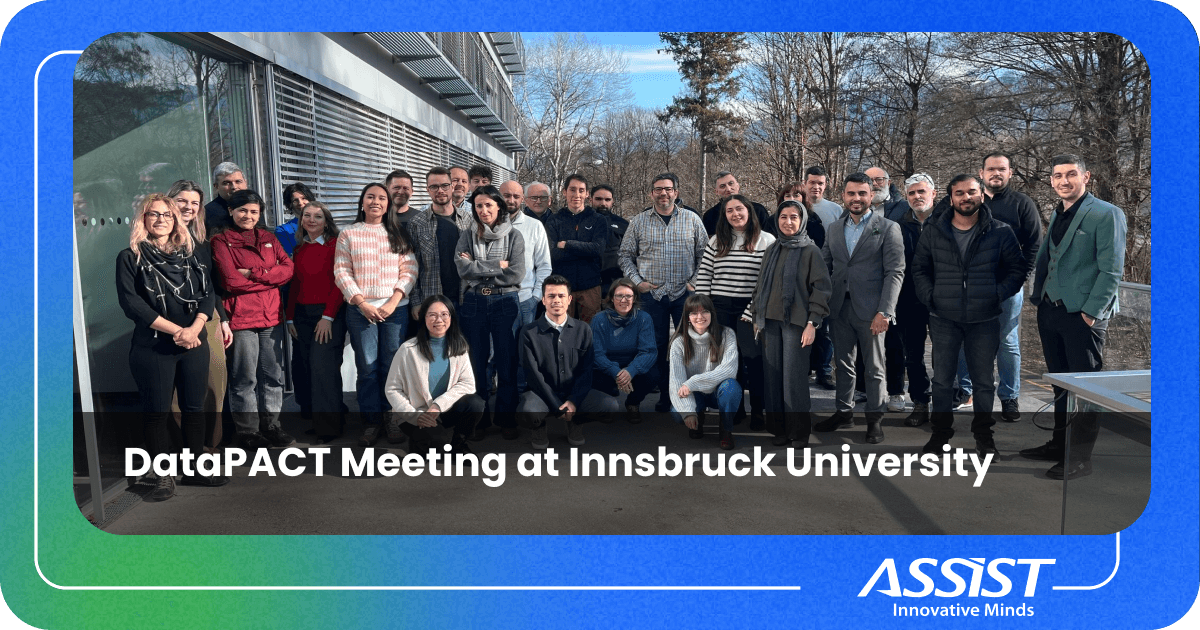L2L Entrepreneurship Erasmus+ Project 3rd Newsletter

The L2L training Entrepreneurship Erasmus+ program addresses young people and it has the aim to improve awareness, experience, and skills. It provides content but also practical activities and functional experiences in order to develop an entrepreneurial attitude and help people to set up their business. It can be used both by individuals and organizations.
It is now possible to get involved in the testing of the pilot module of the Training Course.
It is composed of 5 units, in which the learner will develop his entrepreneurial skills in a real market situation.
In particular, it will explain:
- How to conduct market research and define the potential market: distinguish between clients and customers and identify if a product is a vitamin or painkiller.
- The differences between 3 main strategic analysis processes
- How to find the right opportunity in the market
- Different techniques to generate ideas
- Elements of risk management
- What a Minimum Viable Product and how to design it.
The L2L Entrepreneurship Project is co-funded by the ERASMUS+ program of the European Union and submitted under key action: cooperation for innovation and the exchange of good practices, action type: strategic partnerships, with the project number: 2015-1-ES01-KA202-015594.
The L2L Entrepreneurship project is formed of 6 partners from 5 countries (Spain, Romania represented by our company - ASSIST Software, Italy, Greece, and UK).



